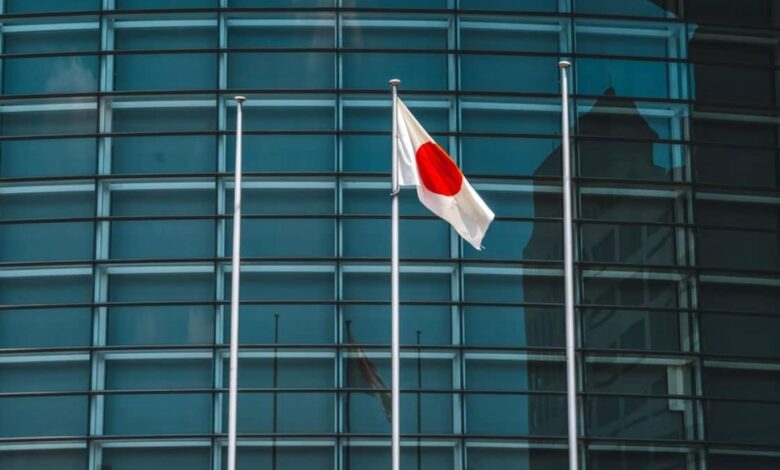Japan Crypto Review May Open Door to Lower Taxes, Dedicated ETFs

Japan is set to begin a review of the nation’s cryptocurrency rules, opening up the possibility of lower taxes on digital assets and potentially paving the way for the roll out of domestic funds investing in tokens.
The Financial Services Agency in coming months will assess whether the current approach of regulating crypto under the payments act is adequate, an official at the agency said, asking not to be identified in line with the institution’s rules.
The FSA will examine whether the act offers adequate investor protection since tokens are used mostly for investing rather than payments, the official said. That may lead to changes to the act, or the reclassification of crypto as financial instruments that fall under Japan’s investment law, the official said.
Reclassifying digital assets via the Financial Instruments and Exchange Act would strengthen investor safeguards and usher in other “dramatic changes,” said Yuya Hasegawa, a market analyst at crypto exchange bitbank Inc.
The shift would boost the sector’s effort to persuade officials to lower the levy on crypto gains from as much as 55 percent presently to 20 percent, in line with other assets such as stocks, Hasegawa said. Scrapping a ban on the launch of exchange-traded funds (ETFs) containing tokens would also become a “natural” step, he added.
Tight Regulations
The FSA official declined to comment on what might happen should the reclassification occur, saying there are no foregone conclusions and that the upcoming review may last through the winter.
Japan’s crypto executives have long called for less onerous regulations to curb costs and spur growth. Current rules are viewed as tight, reflecting lessons learned from past scandals. One of the most notorious was the 2014 hack and subsequent bankruptcy of Tokyo-based Mt. Gox, then the biggest Bitcoin trading venue. Japanese platform DMM Bitcoin suffered a $320 million (roughly Rs. 2,681 crore) breach this year and has to deliver a business improvement plan to the FSA by October 28.
At the same time, Japanese businesses such as Sony Group Corp. are seeking to tap blockchain technology. The country’s biggest bank Mitsubishi UFJ Financial Group Inc. is looking into issuing stablecoins — a type of digital token meant to hold a constant value — under laws implemented in 2023.
Regulators took steps toward easing listing requirements for digital tokens on crypto exchanges during the prime ministership of Fumio Kishida, who prioritised web3 — a term that refers to a vision of the internet built around blockchains. But his tenure is ending and it is unclear if his anticipated successor Shigeru Ishiba will also champion web3.
Trading activity at Japanese digital-asset exchanges has begun to recover this year, helped by a rally in Bitcoin and other tokens. Average monthly volumes are nearing $10 billion (roughly Rs. 83,786 crore) at centralised Japanese exchanges, up from $6.2 billion (roughly Rs. 51,947 crore) in 2023, according to figures from CCData through August this year.
© 2024 Bloomberg LP
(This story has not been edited by NDTV staff and is auto-generated from a syndicated feed.)




